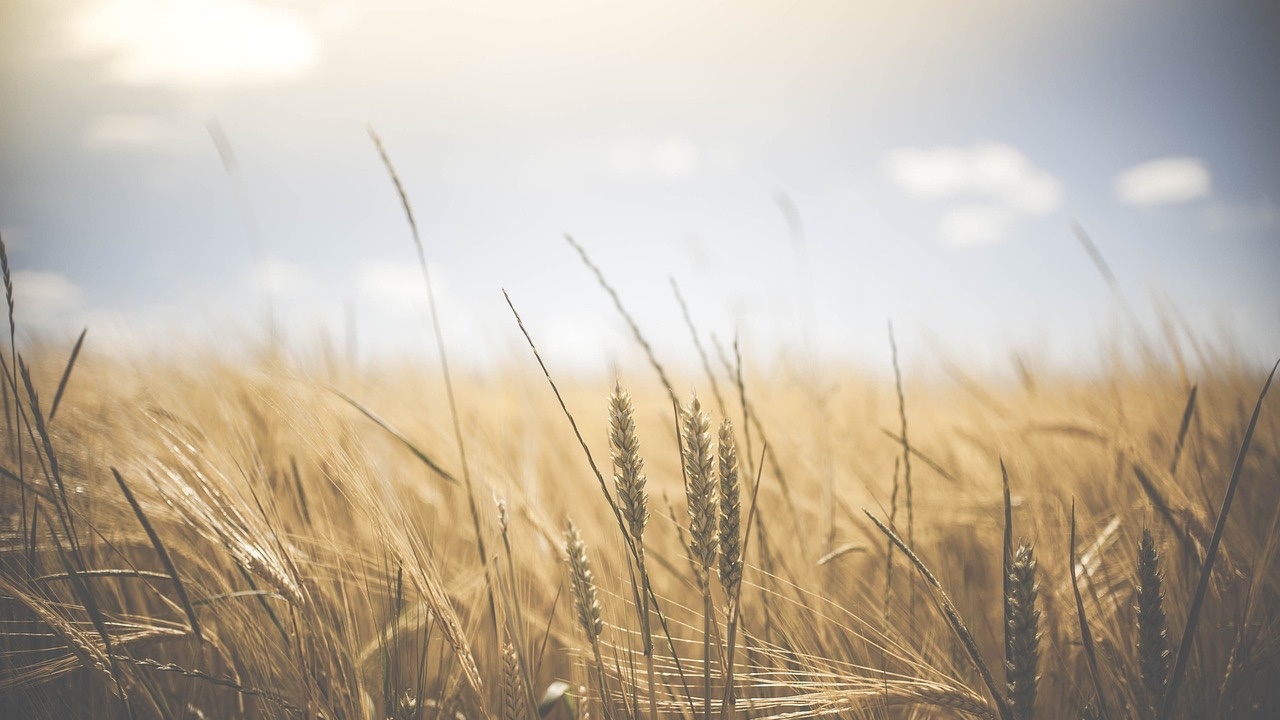
Going Gluten Free - Why to Consider It, and How to Do It
So, what is the deal with gluten?
Is it the same as wheat? Isn’t whole wheat good for you? Do I HAVE to avoid it? If I avoid it, what the heck do I eat???
Gluten is a sticky protein found in wheat and related grains. It helps breads rise and have a fluffy texture that we have all come to love. Unfortunately, it is also highly inflammatory.
Humans have been eating bread for, well, forever. It’s the way we're now processing the wheat that's the problem. The increase of glyphosphates (Round-Up and other chemicals) correlates with the increase in lower intestinal dis-eases in the last 30 years or so.
Also, if you think about it, most Americans eat gluten at nearly every meal! It's just too much.
What’s for breakfast? Cereal (gluten), pancakes (gluten), waffles (gluten), toast (gluten)… Lunch? Sandwiches (gluten in the bread), hamburgers (gluten in the bun)… Snacks? pretzels (gluten), crackers (gluten). Dinner? Pasta (gluten), tacos (gluten in the wheat tortillas), pizza (gluten crust), etc…
Over time, eating foods that are not easy to digest will lead to allergies and sensitivities.
People can go for YEARS without having any noticeable problems digesting gluten. Over time, there can be changes like:
- build-up of “gunk” in our digestive system, including intestines and gall bladder
- weakening of the thyroid gland
- weight gain
- skin problems (eczema, acne, skin fungus)
- bloating and gas
- joint pain, even arthritis
- dementia
Q: So why is every restaurant and food in America full of gluten if it’s so bad for us?
A: $$$ — it’s a highly addictive food, it IS delicious, and it's become a lucrative industry. The USDA is influenced by the Agricultural Industry. We’re told things are healthy to eat because someone is giving them money to say so.
Using pesticides and fertilizers on the food make it easier on the farmer, so they do it, usually. Mass-produced, cheap food sells. Unfortunately, the consumer pays the price.

Q: Why is it so bad for us?
A: It’s bad in varying amounts depending on the person, but in general I would recommend avoiding it as much as possible.
Some wheat/gluten isn't too bad. If it's sprouted and organic, and you don't have Celiac, Chron's, or other inflammatory dis-eases, it might be fine for you.
If you're not sure that a wheat/gluten sensitivity may be contributing to your skin issues, allergies, thyroid imbalance, or arthritic pain, try a food elimination test first.
White flour, which is wheat that's been extra-processed, is just not great for any-body. Not only is it probably full of unsavory non-foods, but since the fiber has been removed, it has virtually no health benefits. Your body will process it like sugar.
Q: Who needs to avoid it? How much gluten is too much?
A: Some people need to avoid it like they’re life depends on it. If you have
- CELIAC DISEASE or
- CHRON’S DISEASE
I recommend that you avoid gluten at all costs.
If you have these other conditions, consider avoiding gluten most of the time, or just try switching to "Organic Wheat" products.
- Thyroid Issues
- Gall Bladder Problems
- IBS
- Rheumatoid Arthritis
- Eczema or Psoriasis
- Chronic Sinusitis
Q: What should I eat for bread or pasta or cereal?
A: At your next grocery store trip, try to look for alternatives. In general, humans don’t really need a lot of grains in our diet to be healthy. It’s a misconception that dates back to the days of the 'ol food pyramid.
For my family, I use rice pasta and sprouted grain bread. Organic, sprouted grain bread ("Ezekiel" is one that I usually buy) does contain wheat, but the sprouted kind is more easily digested since it is more of a whole food.
If you are gluten intolerant, most grocery stores have a gluten-free aisle full of gluten-free foods.
Just keep in mind that just because it is gluten-free does not make it a “health food!” Read the label!
Better yet, just stick with fresh vegetables, fruits, other whole grains, and protein sources.
Don't miss a beat!
New moves, motivation, and classes delivered to your inbox.
We hate SPAM. We will never sell your information, for any reason.
